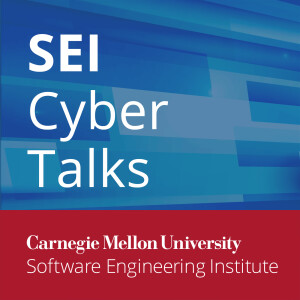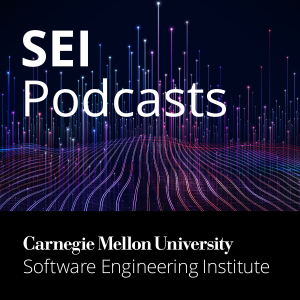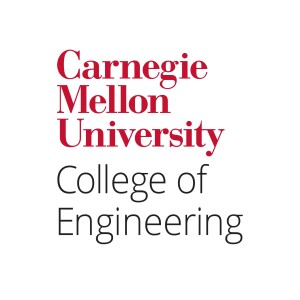Tom Longstaff and Grace Lewis discuss how the inclusion of minorities and women in science, technology, engineering, and math (STEM) careers can promote a nation’s progress by increasing its ability to innovate.
The fields of science, technology, engineering, and math (STEM) can contribute to a nation’s progress because they promote innovation and improve many aspects of our lives. However, statistics show there is an imbalance in the workforce because women and minorities are less likely to pursue careers in STEM fields. In this Cyber Talk episode, Tom Longstaff and Grace Lewis discuss how fixing this imbalance can help promote even greater innovation in STEM fields. Grace and Tom examine what true diversity means, and how representation not just in terms of race and gender, but also in terms of culture and backgrounds, can promote different points of view and lead to the discovery of new solutions to problems that STEM researchers are trying to solve. They discuss how to promote diversity by reaching out to students at the right age and involving mentors from underrepresented groups to help break stereotypes about what it means to work in a STEM field. They also explore different kinds of approaches and programs that are effective for schools, universities, and places of work—including FFRDCs like the SEI—to get students interested and involved in STEM fields.
More Episodes
Perspectives on Quantum Computing: Education, Applications, and the Future of the Field
 2020-04-22
2020-04-22
Quantum Computing Intern Update
 2020-04-15
2020-04-15
Perspectives on Quantum Computing: Education, Applications, and the Future of the Field
 2020-02-14
2020-02-14
Human–Machine Teaming and AI
 2020-01-31
2020-01-31
SEI Artificial Intelligence Engineering Roadmap
 2020-01-21
2020-01-21
What is Ransomware?
 2019-09-13
2019-09-13
Deepfakes—What Can Really Be Done Today?
 2019-08-29
2019-08-29
Machine and Human Interaction in Aircraft Risk Management
 2019-07-30
2019-07-30
Games That Work
 2019-07-17
2019-07-17
Efficient NetFlow Partitioning via Minimum Cuts
 2019-07-02
2019-07-02
Artificial Intelligence and Machine Learning – Hype vs Reality
 2019-06-18
2019-06-18
How to Build a Computer from Scratch
 2019-05-29
2019-05-29
What’s Going on with Near-Term Quantum Computing
 2019-05-15
2019-05-15
How to Fit the Internet into a Box
 2019-05-01
2019-05-01
Defending Your Computer Network from DNS Hijacking
 2019-04-16
2019-04-16
What’s It Like to Intern at the SEI?
 2019-04-08
2019-04-08
Learning by Observing via Inverse Reinforcement Learning
 2019-03-22
2019-03-22
What is Cyber Hygiene?
 2019-03-06
2019-03-06
Create your
podcast in
minutes
- Full-featured podcast site
- Unlimited storage and bandwidth
- Comprehensive podcast stats
- Distribute to Apple Podcasts, Spotify, and more
- Make money with your podcast
It is Free

- Privacy Policy
- Cookie Policy
- Terms of Use
- Consent Preferences
- Copyright © 2015-2024 Podbean.com



 iOS
iOS Android
Android

